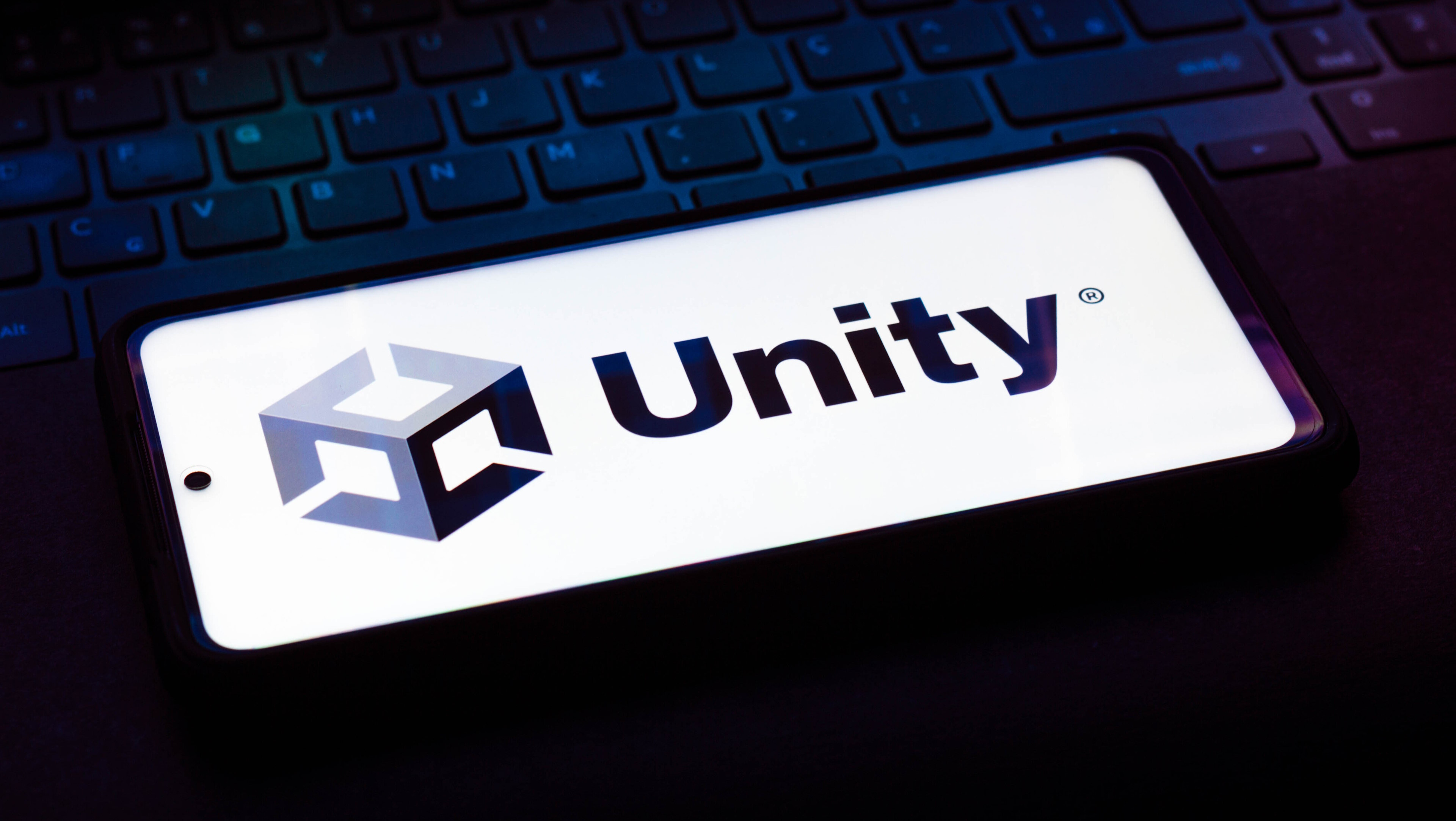Unity temporarily closes offices and cancels CEO meeting after receiving 'potential threat'
The threat came just days after the announcement of a controversial change to its Unity engine pricing.

Software company Unity has closed two of its offices for the remainder of the week and cancelled a town hall meeting that was planned for today following what Bloomberg initially reported was a credible death threat made in the wake of a controversial price plan change announced earlier this week.
"Today, we have been made aware of a potential threat to some of our offices," a Unity spokesperson confirmed in a statement sent to PC Gamer. "We have taken immediate and proactive measures to ensure the safety of our employees, which is our top priority. We are closing our offices today and tomorrow that could be potential targets for this threat, and are fully cooperating with law enforcement on the investigation."
The alarming update from the engine creator follows widespread criticism Unity received after it announced major changes to how game developers pay to use Unity.
Unity announced on September 12 that, as of January 1, it will begin charging users of its game engine a "Runtime Fee" based on the number of times a game is installed. The plan set off an immediate firestorm among game developers, many of whom vowed to move to a different engine—not just because of the increased fees, but because of what they saw as a violation of trust: Unity said the new fees would be retroactive, so even developers with games that released prior to January 1, 2024 would be subject to the new fees.
Making matters even worse, Unity has gone back and forth on some details of the new plan. Regarding multiple fees for multiple installations of the same game, for instance, a Unity employee said on Twitter that multiple installs would not count toward the fee threshold, while Unity clarified elsewhere that it would; Unity later confirmed that multiple installs would result in multiple fees before changing its mind later the same and saying, no, actually, it won't.
A town hall meeting with Unity CEO John Riccitiello that was planned for today may have resulted in some actual clarity on what's going on and why, but it was derailed by the threat against the company.
Game developers have unfortunately been the target of threats and "swatting" attacks with some regularity. In 2020, Ubisoft Montreal was evacuated after a 22-year-old man made a false report to police that described a hostage situation at the studio that was not taking place. In 2022, some employees at Destiny 2 developer Bungie received voicemails and texts on personal devices from a malicious player, for which the studio sought intervention from a Canadian court in order to identify the attacker. Earlier this year Rust developer Facepunch Studios cancelled a meet and greet event with fans at the Game Developers Conference in response to a threat, saying at the time that malicious messages of this kind were "commonplace" for the studio.
The biggest gaming news, reviews and hardware deals
Keep up to date with the most important stories and the best deals, as picked by the PC Gamer team.

Andy has been gaming on PCs from the very beginning, starting as a youngster with text adventures and primitive action games on a cassette-based TRS80. From there he graduated to the glory days of Sierra Online adventures and Microprose sims, ran a local BBS, learned how to build PCs, and developed a longstanding love of RPGs, immersive sims, and shooters. He began writing videogame news in 2007 for The Escapist and somehow managed to avoid getting fired until 2014, when he joined the storied ranks of PC Gamer. He covers all aspects of the industry, from new game announcements and patch notes to legal disputes, Twitch beefs, esports, and Henry Cavill. Lots of Henry Cavill.

